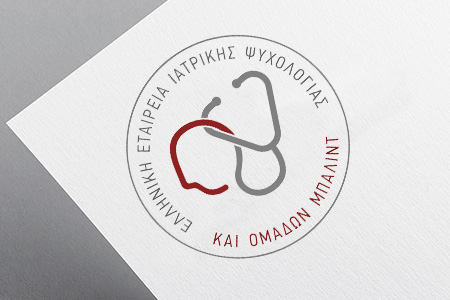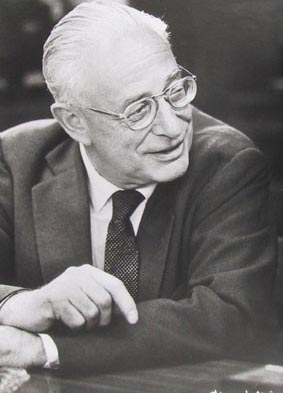News & Events
-
Sotiris Zalidis, Founding Vice President (1/1/1950-5/7/2024)
Our Vice President, Dr Sotiris Zalidis, passed away on 7 July in London after a long battle with a serious illness. He died peacefully at home leaving behind his wife, daughter, son-in-law and grandson whom he adored. Sotiris was a prominent figure in the international Balint community, a doctor who cared about his fellow human beings and sought ways to...

-
Greek-English Balint Weekend in Athens (11-12 May 2024)
Our Society held the very rich and interesting Greek-English Balint Weekend on 11 and 12 May 2024 at Villa Drosini in Kifissia with guest leader Dr. Ross Campion, child psychiatrist, group analyst and accredited Balint group leader, member of the Balint Society (UK). The Greek-speaking Balint group was led by...
-
Member Society of the International Balint Federation
Dear Members and Friends of the Hellenic Society of Medical Psychology and Balint Groups, We have the pleasure to announce that on May, 22, 2021 our Society became a member of the International Balint Federation sealing this way our collaborative relationships with the "Balintian" international community that date from the formation of...
Who we are
Hellenic Society of Medical Psychology and Balint Groups
In 2012, a small group of psychologists in Athens formed a case-discussion group based on the Balint methodology and very soon the first doctor was added to the group. A short while after, at the initiative of its members, the group was placed under the auspices of the British Balint Society in the context of which the training of the first group leaders has taken place. Thus, the first formal Balint group in Greece was formed, which is a case-discussion group for doctors, psychologists and other health professionals that puts at the centre of the presentation and the discussion, the therapeutic relationship and the patient’s psychology.

What are Balint groups?
Balint groups were created in Great Britain in 1950 by the psychoanalysts Michael and Enid Balint, who were keen to help general practitioners to achieve a deeper understanding of the emotional content of the doctor-patient relationship and thereby improve the therapeutic potential. Later on these groups are disseminated in Europe and the rest of the world, occupying an important position in the clinical practice and training of health professionals and gradually extended to other professional areas such as social workers, educators, teachers etc.

At the center of Medicine is always a human relationship between a doctor and a patient.
Michael Balint
Why become a member?
Participation in a Balint group can help a health professional in many ways. The way in which it will affect the practitioner is related to the special characteristics of their occupation, their position and the particular characteristics of the setting in which they work.
Since the 1950s, when Balint groups took place for the first time in Great Britain, their goal was to strengthen general practitioners in dealing with difficult cases, through reinforcing the focus on the therapeutic relationship between the clinician and the patient.

Balint Group Training
Balint groups constitute a method of training and research (“training-cum-research” groups) that provide to health/mental health professionals (doctors, psychologists, nurses, midwives, social workers etc) a space to narrate their experiences from their clinical practice within a group of peers with the aim of better comprehending the psychological aspects of their work and cultivate personal skills like understanding, empathy and active listening towards their patients.
